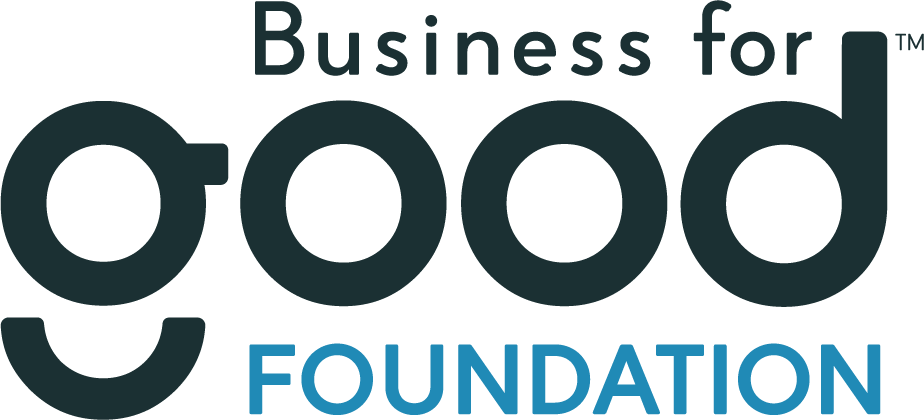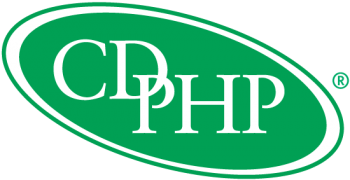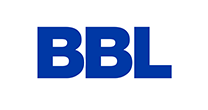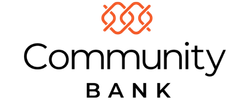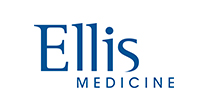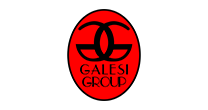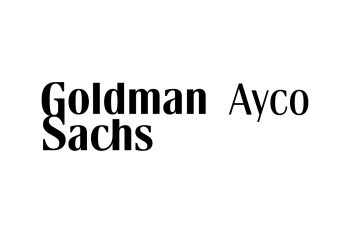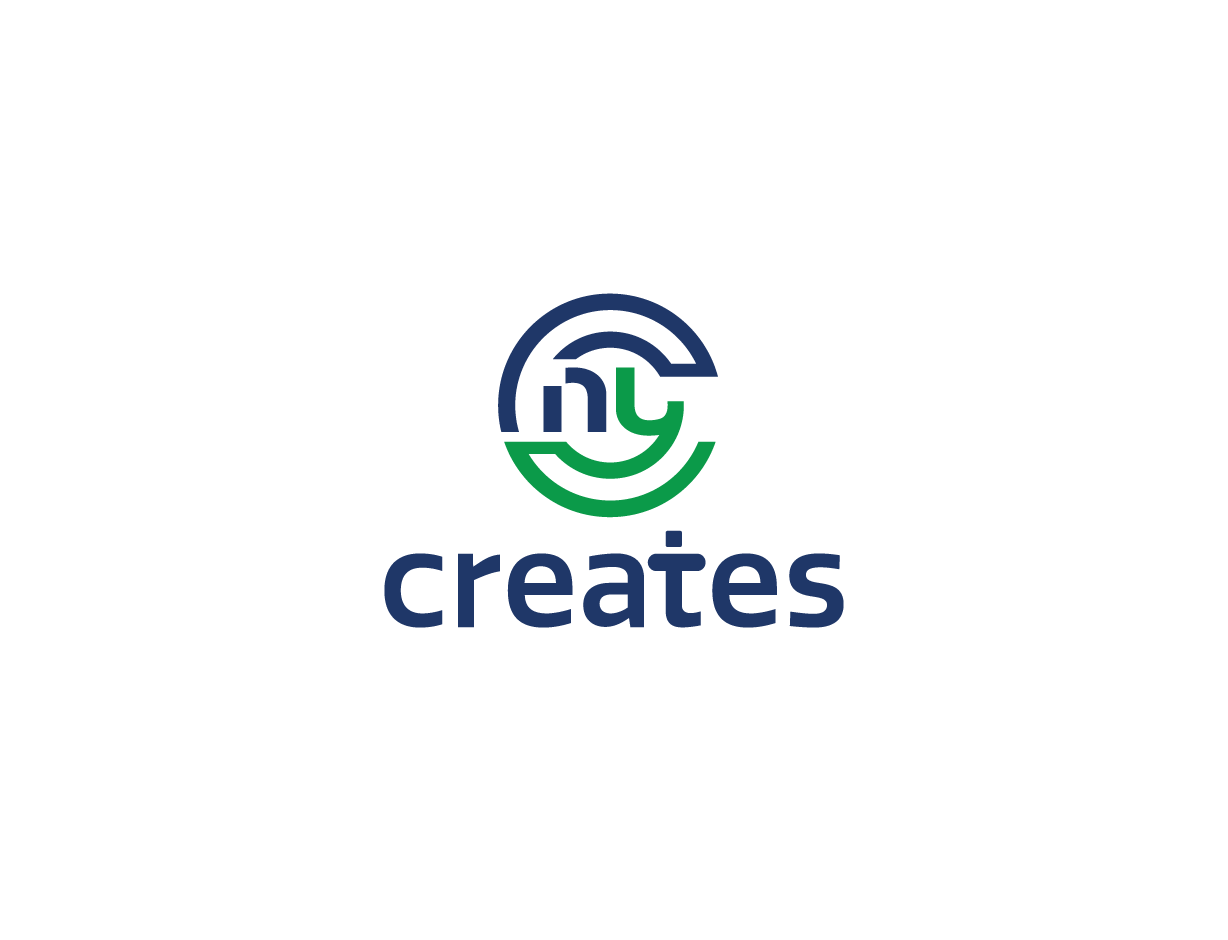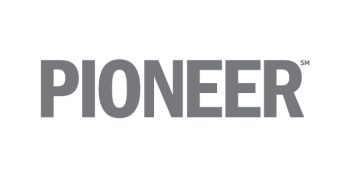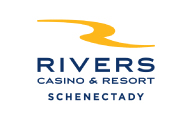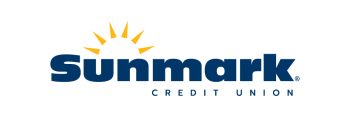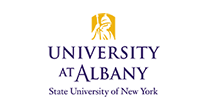News
April 16, 2021The Museum of Innovation and Science (miSci) to Reopen to the Public on June 5
The Museum of Innovation and Science (miSci) will reopen to the public on June 5, 2021, with new hours: from 1 until 5 p.m. Tuesday through Friday; 10 a.m. until 5 p.m. on Saturday; 12 until 5 p.m. on Sunday; and 10 a.m. until 1 p.m. Tuesday through Friday for groups.
miSci is dedicated to providing a safe environment for all visitors and will follow CDC and New York State safety guidelines.
“We are delighted to welcome visitors back the the Museum,” said miSci President Gina C. Gould. “We have been planning the reopening for months and are excited about presenting several new exhibits and a full lineup of onsite summer classes.”
Upon reopening, the Museum will present three previously unseen exhibitions:
Goose Bumps! The Science of Fear explores the universal emotion that can save our lives. Through fun, interactive challenges and immersive environments, visitors can experience fear safely and discover the science behind their physical and emotional responses. The presentation was developed by the California Science Center and includes information based on the current research on neurobiology, physiology, and psychology. A Members Preview of the exhibit will take place on Thursday, June 3, from 6 to 8 p.m. The exhibit will remain on view through September 6, 2021.
Schenectady Inventors that Changed the World
Explore a rotating display of inventions from Schenectady that changed the world, from the first home appliances and televisions to power generation and medical imaging devices. The exhibit features unique artifacts from miSci’s collection including the world’s first synthetic diamond; a prototype mechanical television from 1928; and a 1907 Electric Breakfast Set, featuring some of the first electric appliances ever produced. On view through January 17, 2022.
New York’s World’s Fairs
The New York World’s Fairs of 1939 and 1964 were landmark events in the lives of millions of visitors. Explore through photographs and films, the major attractions GE created for both fairs including the 10-million-volt Steinmetz Hall lightning generator, and the groundbreaking Progressland building that was created in partnership with Walt Disney and featured the first public demonstration of nuclear fusion. On view through October 31, 2021.
miSci will also present Engineering the Perfect Shot! The Interactive Mini Golf Exhibit when it reopens. The exhibition features nine miniature golf holes designed to demonstrate concepts from the science of physics. Visitors observe projectile motion, kinetic friction, collision, and more as they play a full round of miniature golf. Players track their progress and plan shots using a digital scorecard, accessible with any smart device, as well as access bonus materials associated with each hole. The exhibit will be on view through October 24, 2021.
In addition, the Museum will offer onsite Summer Classes for children in grades K–5 from July 5 through August 27. miSci science communicators will present eight weeks of classes that cover a variety of STEAM-related topics including the science of video games, nanotechnology, chemistry, astronomy, and dinosaurs. Class activities include exhibit guided tours, exhibit floor activities, outdoor games, Planetarium shows, and science demonstrations. Summer classes will be presented separately for students entering grades K–2, and for students entering grades 3–5. The complete lineup is as follows:
Week 1: July 5–9
Dino Discovery
What happened to the dinosaurs? Students will touch ancient fossils, try out real techniques used by paleontologists searching for bones, and discover how much can be learned from million-year-old teeth. During the week, students will also learn what makes a meteorite different from an average rock found on the ground and get to see some real meteorites that fell from space. Explore the prehistoric world of dinosaurs from existence to extinction, and see what their remains can teach us about life today.
Week 2: July 12–16
Space Academy: Our Blue Marble
Learn about the ground we stand on, how it moves and how it is studied. Students will create their own clouds, harness the wind around us, and experiment with real solar panels. Discover the science of planetary life, explore bodies of water, learn about some of nature’s most powerful forces, discuss renewable energy, and discover potential next steps for humankind.
Week 3: July 19–23
Potion Commotion
Students create chemical reactions that bubble, glimmer, and pop by mixing, stirring, and measuring their own concoctions. Through chemistry-themed experiments, students learn about acids and bases by observing their color-shifting effects, create self-inflating balloons, build classic chemical volcanoes, and experiment with the stretch and squish of polymers. Young chemical engineers will also experiment with different mixtures, take data, and create the most impressive bubble-making solutions.
Week 4: July 26–30
Space Academy: Destination Mars
Take a trip to one of our closest planets! Through hands-on experiments, students will practice engineering design by planning a rocket launch and building paper rockets, observe some of the effects of space travel on the human body, learn how to give instructions to robotic probes millions of miles away, and build a model Mars research station using an augmented reality program.
Week 5: August 2–6
Arcade Science
Video games are full of science, both during development and within the gameplay itself. Students in this class will design and test their first games, learn how computers interpret human instructions, experiment with how random chance is used to make games exciting, and find out what principles make our favorite video games tick using everything from physics to computer programming.
Week 6: August 9–13
Space Academy: Lunar Blast Off!
Students will learn all about planet Earth’s closest neighbor and constant companion by building water and air powered rockets, experimenting with a gravity well that shows off how objects in space orbit and move, and completing hands-on experiments just like those conducted by actual lunar scientists. Young astronomers will also learn how and why the moon goes through its phases, and how the motion of the moon affects life here on Earth.
Week 7: August 16–20
Nanotechnology: It’s a Small World!
The smallest things around us make a big difference. Student nanotechnologists in this class will see precious gold reduced to infinitesimally small particles, build bracelets that react to sunlight, work together to demonstrate how crystals form, and experiment with how liquid moves through invisibly tiny channels in plants and paper. Through these experiments and more, students learn how things at the nanoscale act in unexpected ways, and how nanotechnology is used in everyday products like computers, food, medicine, and clothing.
Week 8: August 23–27
Space Academy: Stellar Explorers
Learn about constellations and how they were used to both navigate and tell time throughout the world. Students will build their own star charts that they can use to find what stars are in the sky at any time of year. Throughout the week, students will also learn about the different objects that appear in the night sky, create models showing how these objects form in deep space, and build some of the same astronomical tools that allowed people to travel across the oceans hundreds of years ago.
Students may register for full weeks of classes, single full day classes, single morning classes, or single afternoon classes. Full weeks of classes take place Monday through Friday, 9 a.m. to 4 p.m., fee $275. Single full day classes from 9 a.m. to 4 p.m. are $55. Single morning classes from 9 a.m. to 12 p.m., and single afternoon classes from 1 to 4 p.m. are $35. Extended care is available on a weekly basis, before class from 8:30 to 9 a.m. and after class from 4 to 5:15 p.m., for $50 per week.
All onsite programs follow CDC and state and local health guidelines. A COVID survey must be completed for each child, each day before class begins at the time of drop off. The use of a face mask is required. Hand sanitizer will be available throughout the Museum and classrooms.
Classes are available on a first-come, first-served basis and registration is required. Register online using the following link: https://bit.ly/3e0C4bR or contact Cindy DeMarco, miSci’s Reservationist, at [email protected] phone at (518) 382-7890, ext. 228.


